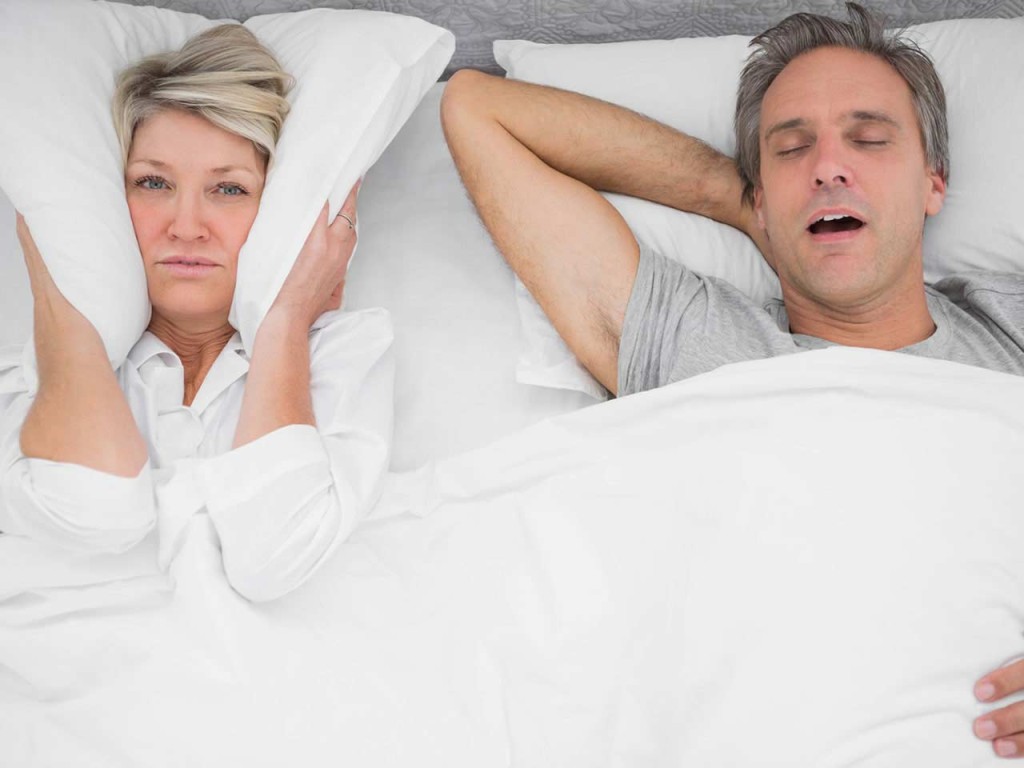Five Tips To Improve Your Sleep
June 21, 2021

Do you toss and turn all night, struggling to fall asleep? Does snoring keep you – and your partner – from getting a restful sleep?
If bedtime becomes something other than a time of rest, there may be an underlying medical condition that can be diagnosed and treated. Millions of Americans suffer from some type of sleep disorder, including sleep apnea, insomnia, narcolepsy, and restless leg syndrome. Sleep disorders have been found to play a role in high blood pressure, heart disease, stroke, and cognitive impairment, as well as car and on-the-job accidents.
Sleep is one of the most important parts of our lives. Yet, we are often too busy to give ourselves the time we need to get solid, healthy sleep. If you’re feeling crabby, lethargic, or worn out, chances are that you need to spend more time in bed.
Here are five tips to get better sleep:
- Pay attention to what you eat and drink
Avoid nicotine, caffeine, and alcohol before bed. Stimulants can take several hours to wear off and can keep you up at night! Don’t drink coffee or caffeinated beverages after noon if you can avoid it. And even while alcohol can make you sleepy at first, it very well might disrupt your sleep later in the night.
If you’re hungry before bed, have a light snack so that you are neither too full nor hungry. Discomfort can keep you awake. Also, try to limit your intake of fluids before bed so that you are not disrupted by late-night trips to the bathroom.
2. Get comfortable
Cool, dark, and quiet places tend to be the best places for sleeping. But use your best judgment to create an environment that is comfortable for you. Try using room-darkening shades, an eye mask, earplugs, or other adjustments to block out excess stimulation.
3. Turn of the gadgets
Our brains react very strongly to light. So, checking your e-mail or Facebook one last time before you go to sleep could be telling your brain that it’s time to be awake! Try to turn off your phone, television, laptop, or other devices at least an hour before bed. If you use your phone as an alarm, switch to a more traditional alarm clock so you are not tempted to use it before going to bed.
4. Get active
Regular exercise will help you sleep better, longer, and deeper. Try to avoid exercising in the evenings, as this can prevent quality sleep. Exercising earlier in the day, such as in the morning or afternoon, will help you sleep better when night rolls around.
5. Know when to talk to a sleep specialist
If you regularly experience difficulty sleeping, are often tired during the day, are having trouble falling asleep or staying asleep, or are experiencing other longterm sleep issues, it might be time to schedule an appointment with a doctor. A medical professional who specialized in sleep disorders can help treat and diagnose factors that may be causing you to lose out on important rest.
The UPHS – Bell Sleep Center can help women, men, and children by identifying and treating their sleep disorders. UPHS – Bell’s Sleep Center is accredited by The Joint Commission and directed by Dr. Arthur F. Saari, who is board-certified in Sleep Medicine.
For more information about UPHS – Bell’s Sleep Center, please contact:
Brenda Schultz BS, RRT | Cardiopulmonary Manager | Sleep Center Technical Director
906.485.2662 | 800.258.8594
UP Health System – Bell
901 Lakeshore Drive | Ishpeming, MI 49849
